Optimal Timing for Roofing Services
Scheduling roofing service at the optimal time ensures the best results and longevity of the roof. Factors such as weather conditions, temperature, and seasonal variations influence the effectiveness of repairs and installations. Understanding the ideal periods for roofing work can help homeowners and property managers plan accordingly.
Spring offers moderate temperatures and longer daylight hours, making it suitable for roofing projects. It is an ideal season to address repairs before the summer heat or winter cold.
Summer provides warm weather and dry conditions, facilitating efficient roofing work. However, high temperatures can pose challenges, requiring early morning or late afternoon scheduling.
Fall is considered one of the best times for roofing due to cooler temperatures and lower humidity. It allows sufficient time for repairs before winter sets in.
Winter is generally less ideal because cold temperatures and snow can hinder roofing work. However, in milder climates, certain projects can be completed if proper precautions are taken.

Spring inspections help identify damage caused by winter weather and prepare for summer repairs.
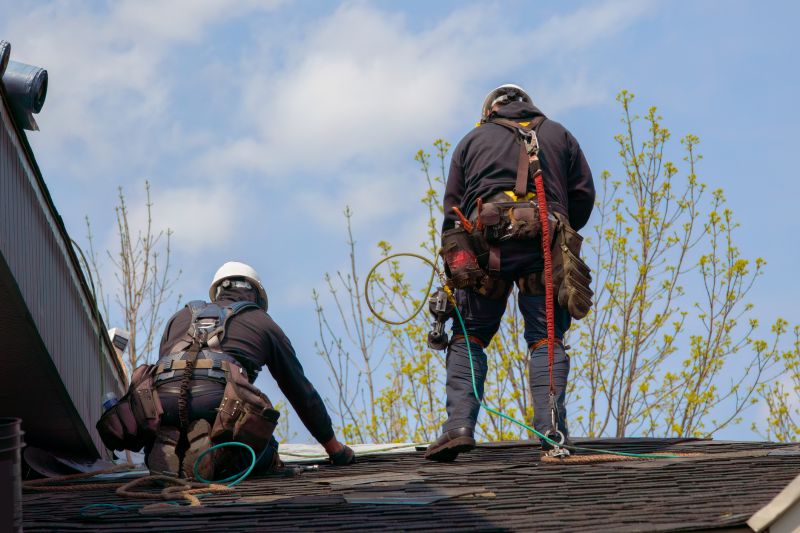
Summer allows for quick and efficient roofing installations in dry conditions.

Fall is ideal for maintenance to prevent winter leaks and damage.
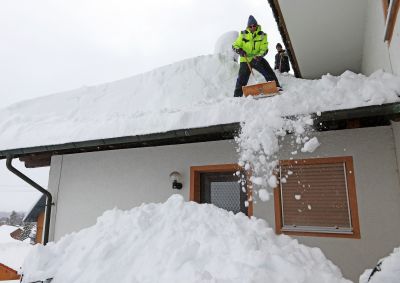
Winter roofing requires specialized techniques to handle snow and cold temperatures.
| Season | Optimal Roofing Conditions |
|---|---|
| Spring | Moderate temperatures, longer daylight, less rain |
| Summer | Warm, dry weather, longer work hours |
| Fall | Cool temperatures, low humidity, ample time before winter |
| Winter | Cold temperatures, snow, limited suitable days |
Roofing services encompass a range of activities including inspections, repairs, replacements, and maintenance. Proper timing can extend the lifespan of a roof and prevent costly damages. Seasonal considerations are crucial, as extreme weather conditions can compromise the quality and safety of roofing work. Scheduling during favorable weather conditions ensures better adhesion of materials, safer working environments, and higher-quality results.
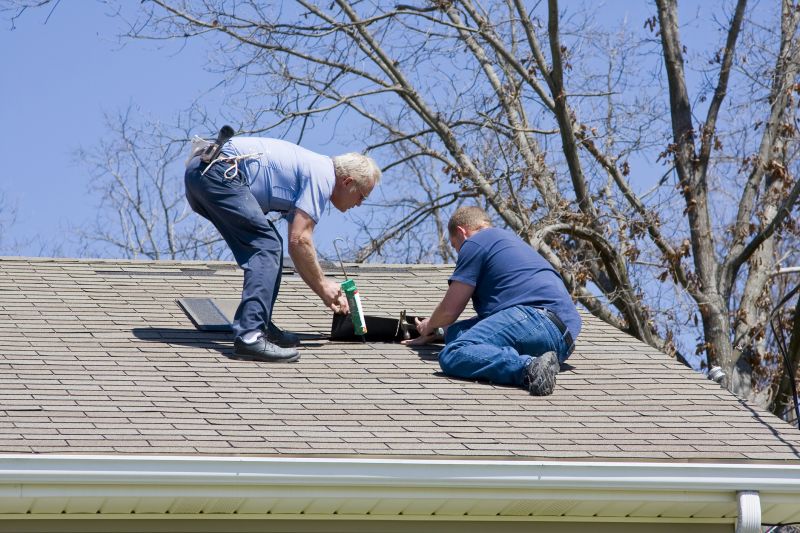
Skilled technicians performing repairs during suitable weather conditions.

Complete roof replacement carried out in dry, moderate weather.
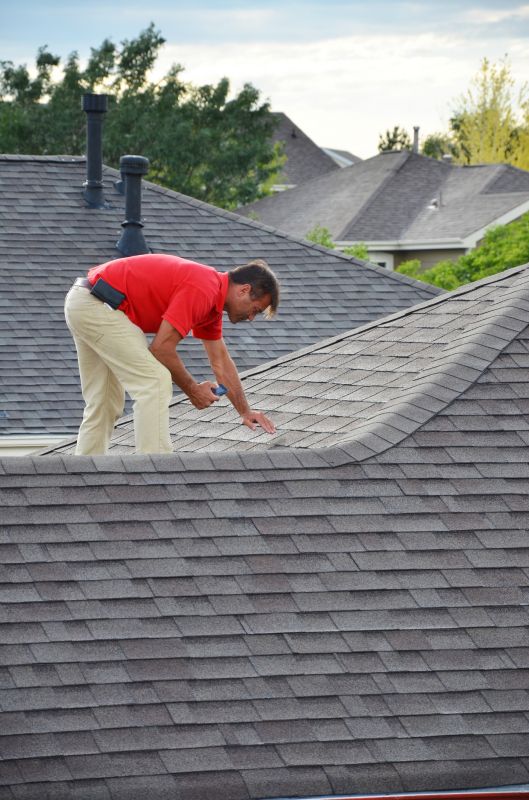
Routine inspections to identify issues early and schedule timely repairs.
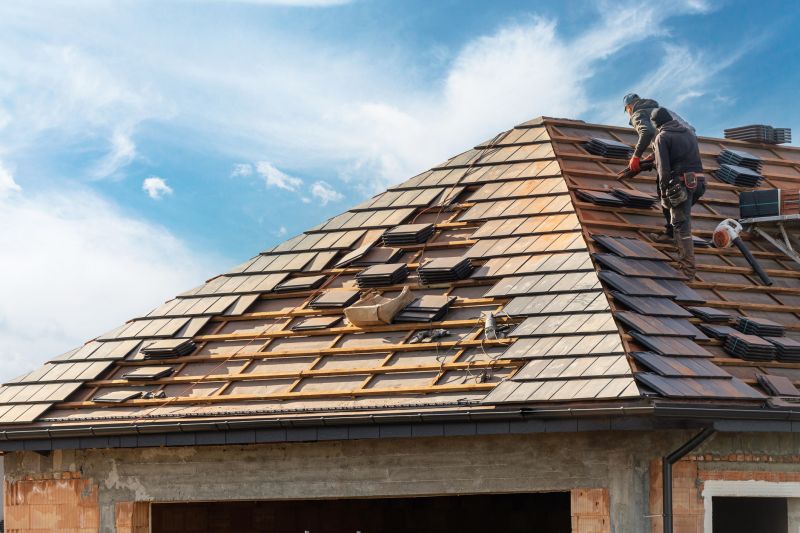
Urgent repairs following storm damage or leaks, often scheduled as needed.
Choosing the right time for roofing services can minimize disruptions and maximize durability. Spring and fall are often the preferred seasons due to moderate weather, while summer and winter require additional planning to accommodate temperature extremes. Proper scheduling ensures safety, efficiency, and long-lasting results for roofing projects.
Interested in scheduling roofing work? Fill out the contact form to discuss options and plan the best time for your project.


